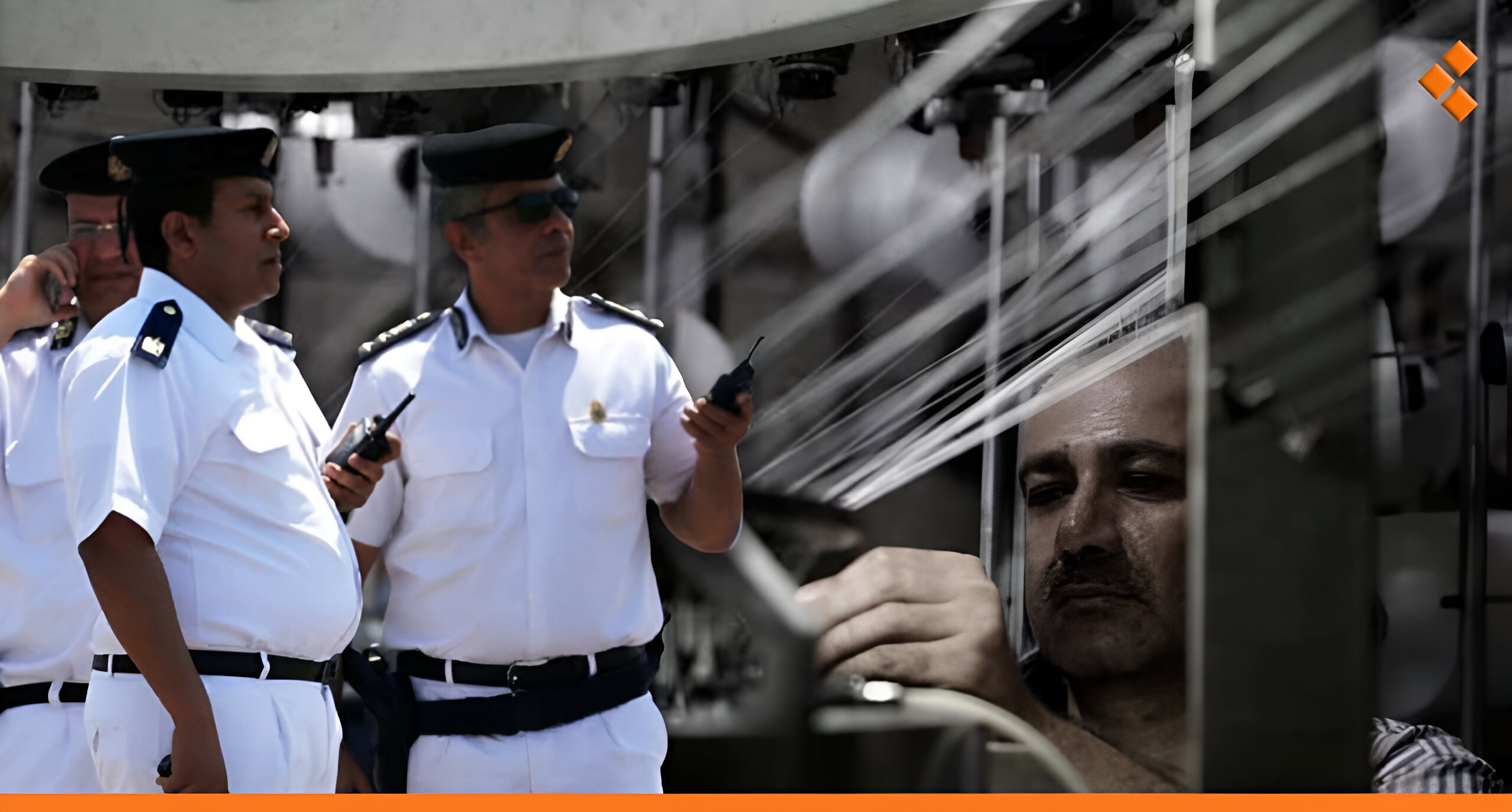Reports circulating on social media suggest that Egyptian authorities are conducting raids on the companies and factories of prominent Syrian businessmen in Egypt.
In response to these reports, Engineer Khaldoun, the head of the Council of the Syrian Businessmen Association in Egypt, clarified to Athr Press that the target of these raids is not specifically Syrian individuals or Syrian-owned enterprises. Rather, the campaign is part of a broader crackdown on the black market and individuals involved in currency exchange or transfer operations across Egypt. According to information received by Khaldoun, fewer than ten Syrians have been targeted in this campaign, while hundreds of Egyptians have also faced scrutiny.
He explained that this crackdown follows recent actions by the Central Bank of Egypt to adjust the official exchange rate of the dollar based on supply and demand dynamics. The aim is to narrow the gap between the official rate and the parallel market rate, which has widened to 40 pounds recently. This move aims to stabilize the exchange rate, enabling the government to facilitate imports and address the backlog of goods at ports. Khaldoun noted that as the disparity between bank rates and the black market diminishes, banks are beginning to resume issuing credits. He expressed confidence that if the government succeeds in this endeavour, the black market for currency exchange will diminish, restoring economic stability and price equilibrium.
Khaldoun emphasized that Syrian businessmen in Egypt maintain continuous communication with their homeland and are focused on reviving their factories and businesses, whether through personal presence or remotely. He highlighted the absence of systematic monitoring of return cases at a collective level, attributing this to the challenges posed by prevailing economic, financial, and monetary policies rather than energy-related issues, as some Syrian businessmen have claimed. He also pointed out instances where industrialists have kept their factories operational despite being abroad, albeit with reduced productivity, stressing the importance of oversight to prevent closures.
In conclusion, Khaldoun stated that the Syrian Businessmen Association in Egypt remains committed to providing humanitarian aid, including clothing and food supplies, both during and outside the Ramadan period. He noted ongoing efforts to distribute aid, including recent shipments of clothing items for children, men, and women, as well as blankets and towels. Additionally, the association has been distributing food baskets during Ramadan for the past four years.
This article was translated and edited by The Syrian Observer. The Syrian Observer has not verified the content of this story. Responsibility for the information and views set out in this article lies entirely with the author.


